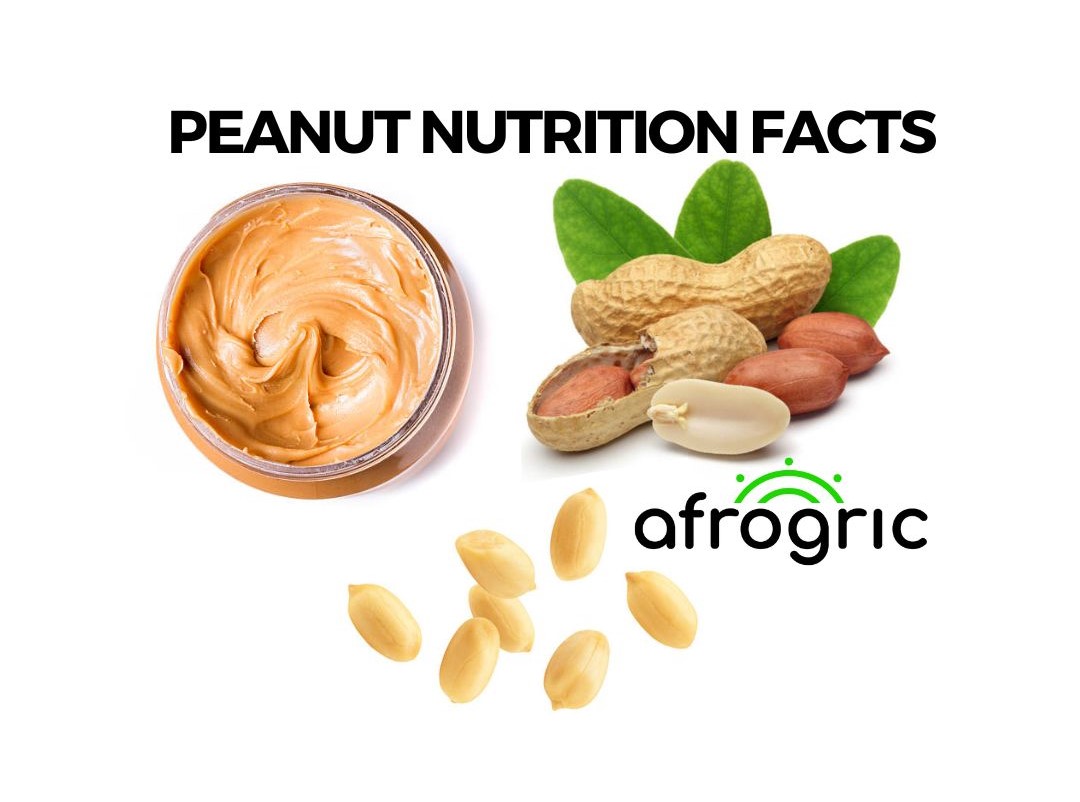
While popping peanuts in your mouth could mean a good munch, there are peanut nutrition facts you should know about.
I bet you didn’t know that peanuts are one of the most common foods that trigger allergies. And there’s more.
These peanut nutritional facts will arm you with more reasons you should keep munching the legume.
Related: Is Cashew a Fruit? Best Answers

#Protein
Peanuts have been known to be a great source of protein. Since they contain between 22 and 30 percent of their total calories, peanuts are a fantastic source of plant-based protein.
Conarachin and arachin are most prevalent in peanuts. Hence, they can cause severe allergies in some people, causing life-threatening reactions.
Additionally, peanuts contain 20 amino acids as well as extremely high concentrations of arginine.
Protein is necessary for the development and repair of bodily cells. Depending on a person’s age and degree of activity, different amounts of protein are necessary.
Due to the important role protein plays in the body, you should consider consuming peanuts often.
Related: Top 10 Benefits of Hibiscus for Your Skin
#Fat
One of the many nutrition facts about peanuts is that it contains fat.
Every diet needs fatty acids. The good news is that the fats in peanuts are monounsaturated and polyunsaturated fatty acids, which are a good kind of fat.
Monounsaturated and polyunsaturated fats, as opposed to saturated and trans fats, improve a person’s blood cholesterol levels, according to reports.
Consequently, it reduces the risk of heart disease and stroke.
However, peanuts also contain little amount of saturated fats. This fat is less healthy when compared to unsaturated or polyunsaturated fat.
#Calories
Peanuts contain calories. In fact, raw peanuts have about 161 calories in a single one-ounce serving.
Although the nutritional information for peanuts with topping may change, the number of calories may not significantly change.
Additionally, about 78% of the 161 calories found in peanuts come from fat, while 18% is from protein and the remainder from carbohydrates.
Related: Where are Cocoa Beans Grown in Nigeria?
#Vitamins and Minerals
Peanuts house tons of vitamins and minerals. The high nutritious content of peanuts can help you meet your daily requirements (DV) for a number of vitamins and minerals.
They include:
- Vitamin E
- Manganese
- Phosphorus
- Copper
- Magnesium
- Thiamine
- Folate
- Biotin
- Niacin
#Fiber
One of the nutritional facts you should know about peanut is that it is a great source of fiber.
It is no secret that your intake of consuming meals rich in fiber helps strengthen the body. It helps improve the cholesterol level of the body, reduces the risk of heart disease, and fights obesity, type 2 diabetes, and stroke.
While it is recommended for men to consume 34 g of fiber daily, women are expected to get 28 g of fiber daily.
Related: What are the Nutritional Facts of Baobab?
#Carbs
Peanuts are low in the glycemic index since they are low in carbs and packed with protein, fiber, and fat. The GI (glycemic index) gauges how quickly carbs enter your body after a meal.
Hence, it is suitable for diabetic patients.
What Role Does Afrogric Play in Providing Peanuts?
Afrogric is a leading exporter of agro products, including peanuts, in Nigeria. Hence, we source peanuts from the best farm hands and export them to customers around the world.
As part of our quality practice, we embed excellence and prompt export delivery in a timely manner. Click here and trust us with your peanuts order.